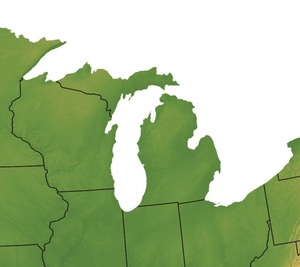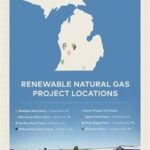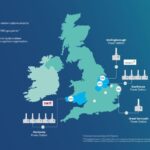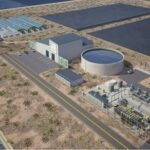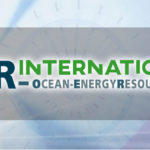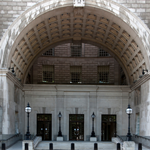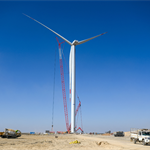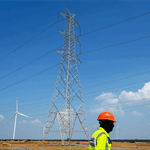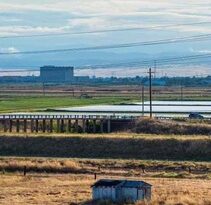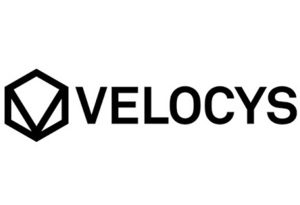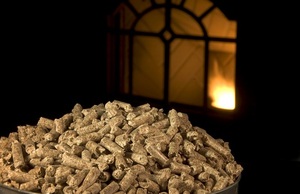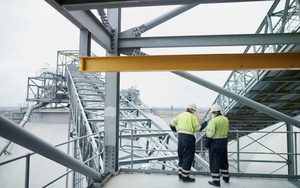Michigan agency launches RNG study
Energy Disrupter
ADVERTISEMENT
The Michigan Public Service Commission on Dec. 9 launched a new study that will examine the potential of renewable natural gas (RNG) development in Michigan, in accordance with Public Act 87 of 2021, approved by the Legislature and signed into law in September by Gov. Gretchen Whitmer (Case No. U-21170).
PA 87 requires the Commission to conduct the study and report its findings to the Legislature by Sept. 30, 2022. Under the act, the MPSC study must:
•Identify existing and potential sources of renewable natural gas in Michigan and estimate the energy content and greenhouse gas abatement potential of these sources.
•Estimate the cost per unit of heat and the potential greenhouse gas emission reduction per unit of heat should potential RNG sources be used to the greatest practical extent.
•Compare the estimated per-unit cost savings of greenhouse gas emission reductions estimated for RNG sources to the estimated likely per-unit cost savings from the use of other carbon abatement technologies, including hydrogen blending, building electrification, and similar technologies.
•Estimate the RNG production potential by applicable feedstock sources in Michigan.
•Identify barriers to developing and utilizing RNG in Michigan.
Renewable natural gas is pipeline-quality biogas that is interchangeable with conventional natural gas used to heat Michiganders homes. It is derived from the breakdown of organic matter from sources including landfills, wastewater treatment plants, farm animal waste, crop residues and food waste. Capturing RNG from existing waste streams can help reduce greenhouse gas emissions that contribute to climate change, particularly if it is derived from sources that create methane emissions released into the atmosphere.
Today’s order establishes the study workgroup of stakeholders, which will hold its first meeting Monday, Jan. 10, 2022, via videoconference using Microsoft Teams to begin its research and report on RNG inventory and scenarios, cost analysis, greenhouse gas estimates, abatement costs, and opportunities and barriers. A draft report will be sent to stakeholders for review by June 30, 2022, to give stakeholders the ability to provide feedback. A second stakeholder meeting will be held after the draft report is published to allow additional opportunities for comments.
A final report will be completed and submitted to Legislative committees with jurisdiction over energy and environmental issues by Sept. 30, 2022.
Learn more at the MPSC’s RNG workgroup webpage.

